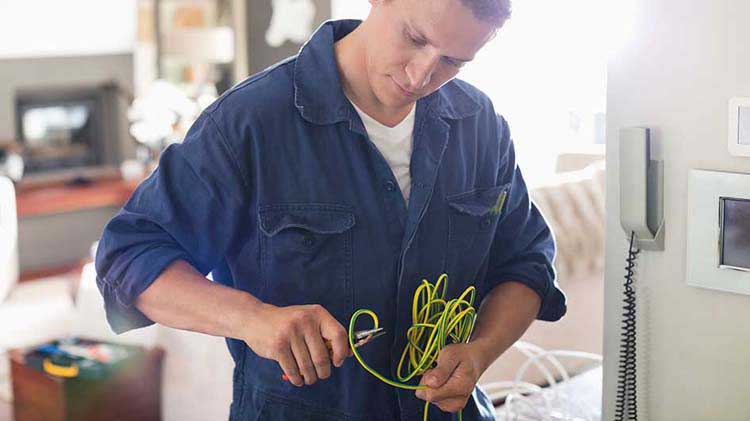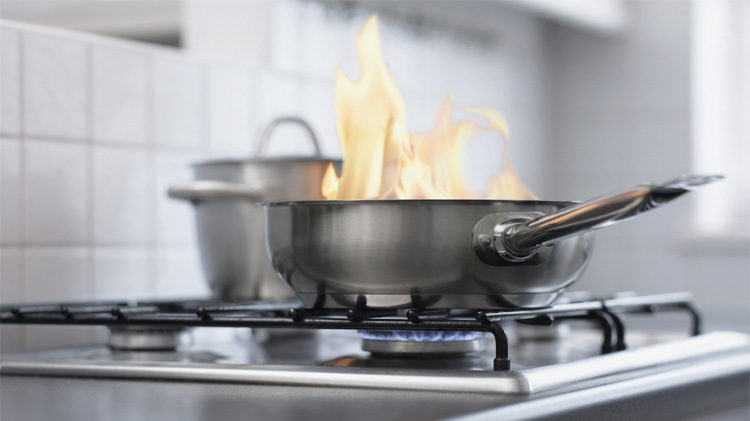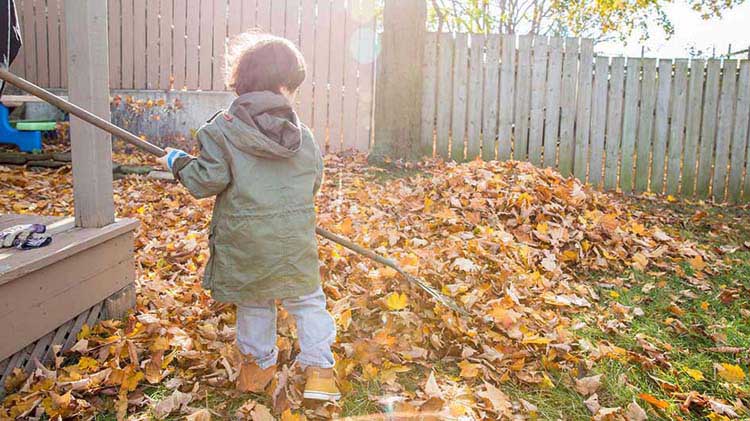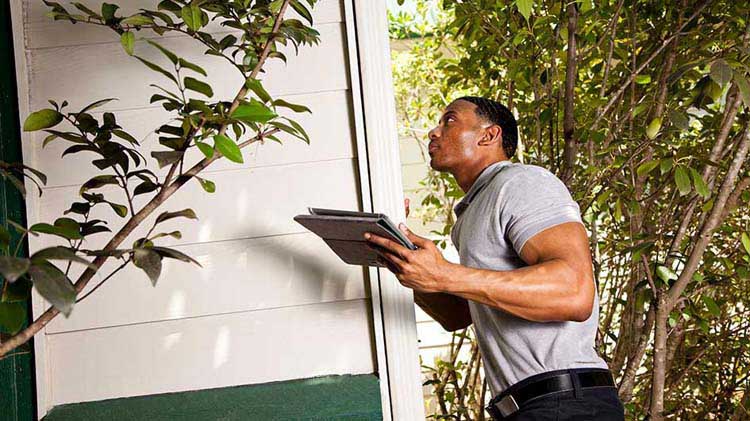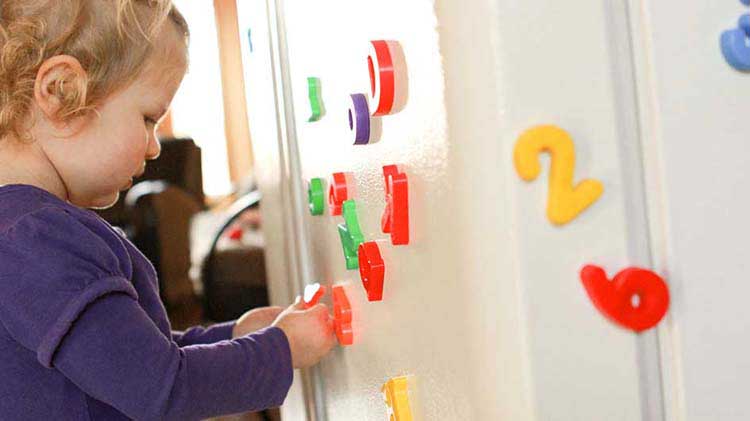11 signs you should think about rewiring your home
Home electrical fires are often related to wiring problems. Is your home at risk?
How important is it to confirm your house's wiring is in good shape? Consider this: U.S fire departments respond to an estimated 24,200 residential building electrical malfunction fires, according to the U.S. Fire Administration's latest 2021 data. These fires cause an estimated 295 deaths, 900 injuries and $1.2 billion in property loss.
While these numbers are staggering, steps can be taken to help prevent your home from becoming a statistic. The electrical system in your home may need to be repaired or updated. A complete electrical rewiring with a new electrical panel can be a big expense, but that pales in comparison to the importance of keeping your home and family safe.
Warning signs
An electrical system will often display signs when there are potential problems. If you notice any of these electrical hazard warning signs, have an electrician inspect your breakers, panels, outlets and fixtures for the following:
- Frequent blown fuses or tripped breakers
- An over-amped or over-fused electrical panel
- Dimming or flickering lights — the circuit is overloaded or has a loose connection
- Hot or discolored switch plates, cords or plugs
- Light bulbs that frequently burn out in a socket — the fixture can't handle the bulb wattage
- Buzzing or sizzling sounds
- A burning smell
- Arcs or sparks from an outlet when you plug or unplug a cord
- Electrical shock when you plug in or touch a cord
- Loose outlets
- Cracked, cut or broken insulation
Other reasons to inspect electrical wiring
Even if you don't notice any warning signs of faulty wiring, consider having your home's electrical system inspected periodically. Electrical codes vary depending on where you live, but there are common situations that warrant an inspection from a qualified professional.
- Your home is more than 40 years old
- You're relying on extension cords for power
- You've made major home improvements or added major new appliances that could strain your existing system
- Your home has ungrounded, two-prong outlets
- Your home has aluminum instead of copper wiring
Cost of rewiring a house
The cost to rewire a home can typically range between $2,000 for a small home to $12,000 for a larger home. The following cost factors can include:
- If a permit and/or inspection is required
- Size and age of the home
- Addition of new electrical circuits, outlets and switches
- Electrical service panel upgrade
- If walls are opened to run wire or install new switches, outlets and panels
